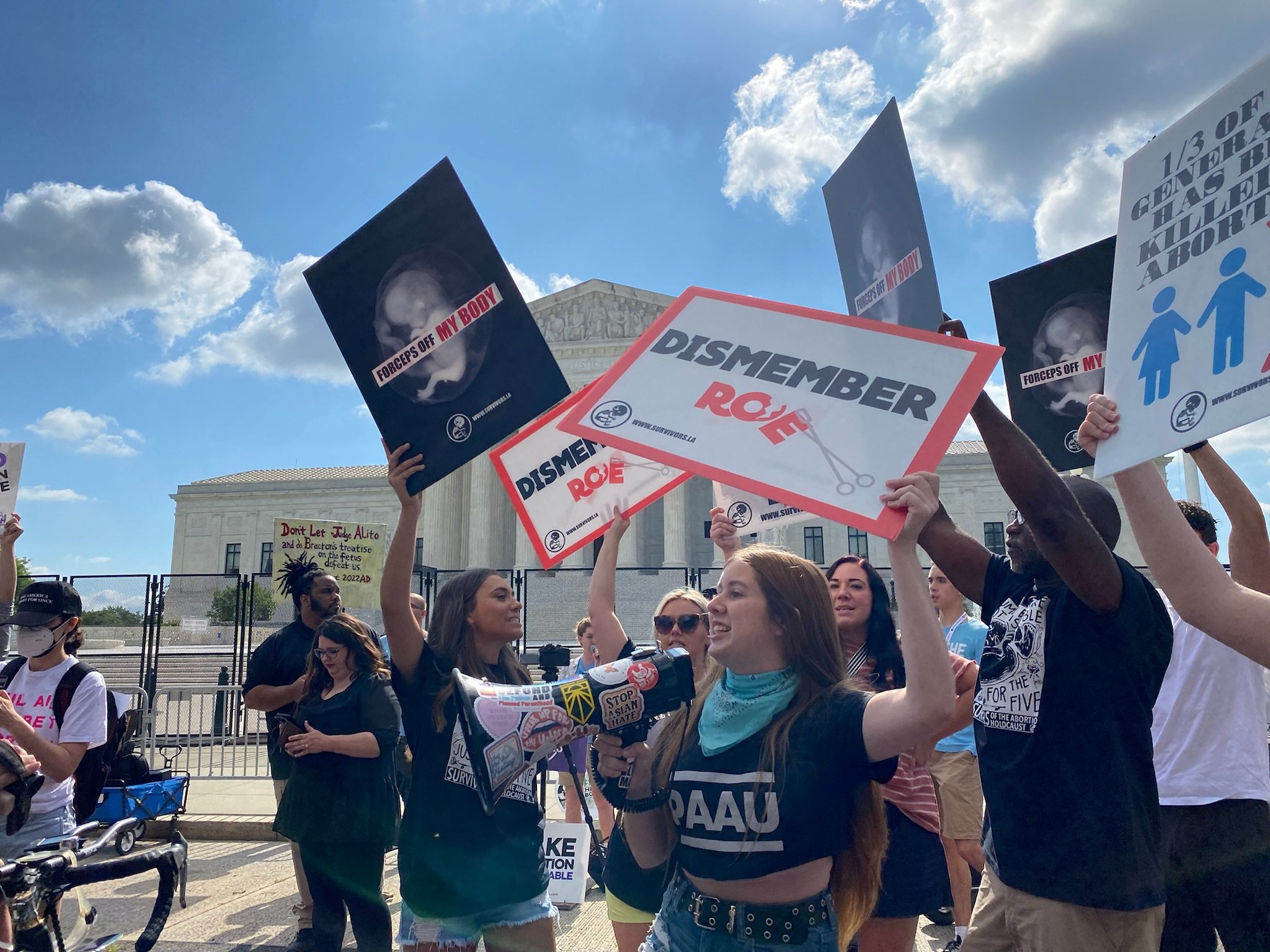The 14th: The Bloodline of America
Article by Victor Hinojosa, TPT Staff Writer
The 14th Amendment— love it or hate it— has become the amendment that everyone in the legal and political sphere talks about. Republicans plunge the 14th as a vastly outrageous addition that gives undocumented foreigners the right to birth their children here, coined as Birth Tourism. Democrats, on the other hand, proclaim the 14th as the amendment that has built the cornerstone of civil liberties in the United States since its ratification in 1868. Whatever side one may take, no one can underestimate the power that one page of paper has on the social and political fabric of America in today’s increasingly divided nation. Some may say this amendment is just an “easy” way to solve people’s problems by using the Constitution as the one all, be all of settlements; or there are some that suggest, including me, that this amendment was made as intended, a solid foundation to secure and transports the rights of all people that walk through our doors: a “bloodline for America.”
Let's start with some context of how this amendment came to be. The initial idea of the 14th Amendment came from the overridden veto of the Civil Rights Act of 1866 by President Johnson in his sympathy for the southern cause after the Civil War. In response to the threat of Civil Rights, Rep. Thaddeus Stevens of Pennsylvania submitted an amendment that combined various different legislation to one singular amendment, passing the House and Senate on June 13th, 1866, and ratified completely on July 9th, 1868. The amendment itself contains five sections— from The Citizenship Clause, Due Process Clause, Equal Protections Clause, Repealment of the 3/5th Compromise, and Disqualification of Public Office, among others.
The 14th Amendment came about to protect civil rights and create a “more perfect union.” From its ratification, the 14th has created stride after stride to protect the rights of all people in the United States, usually in the form of Supreme Court cases. One fine example of this is the landmark Supreme Court decision, Obergefell V. Hodges where, in a 5-4 ruling, the court stated that restriction of same-sex marriage is an outright violation of the due process and equal protections clause of the 14th Amendment. This ruling laid the groundwork for future court cases like Loving V. Virginia where the court, in a unanimous decision, stated that a Virginia law criminalizing the marriage of interracial couples was in violation of the due process and equal protection clauses of the 14th Amendment too. It is lastly, to be stated, the 14th Amendment also provides legal passage of two landmark pieces of legislation during the height of the Civil Rights Movement, the Civil Right Act of 1964 & Voting Rights Act of 1965.
The 14th has the power to revise the civil rights landscape in the United States. With its legitimacy as a real force to be reckoned with, it helps to wonder if there is anything else that is a pressing issue in America that can be considered a violation of the 14th Amendment. One issue, which affects around 1.2 million people around the United States, could be considered the disenfranchisement of the incarcerated. In only two states, Vermont and Maine, everyone— no matter the criminal incarceration or the magnitude of the sentence— have the right to vote.
The notion of this possibly being a violation of the 14th Amendment comes down to two ideas- the violation of the equal protections and citizenship clauses and the 26th amendment. Just because one commits a crime doesn’t disqualify one as a citizen of the United States, which guarantees the right to vote for everyone over the age of 18. Doesn’t it seem unfair that a citizen of the United State can be disenfranchised simply because they committed a crime? We already punished them with a restriction of personal freedom, we don’t have the right to remove fundamental rights. Within the 14th, section 1 gives a further answer to this argument, “All persons born or naturalized in the United States, and subject to the jurisdiction thereof, are citizens of the United States and of the State wherein they reside. No State shall make or enforce any law which shall abridge the privileges or immunities of citizens of the United States.” This clause clearly states that we can’t abridge these rights, granted under the 26th Amendment, to someone that is over the age of 18 to vote, and by extension; we deprive them of equal protection from people that are not in prison just because they committed a crime.
The 14th is the epitome of what equality means in America. This amendment, with only 80 words in its first section, has transformed the landscape of the United States into one of a “more perfect union.” So many people have used these 80 words to make our lives just a bit easier, so we may live in a nation conceived in liberty and freedom and that we never feel the fury and torture they had to endure to gain these most basic of rights. At the end of the day, we must remember that our fortunes, lives, dreams, and hopes are pinned on 80 words written 154 years ago. It's called the 14th Amendment— the beating bloodline of America.
The views articulated in this article are the writer’s own and do not necessarily reflect the official stances of The Progressive Teen or High School Democrats of America.



